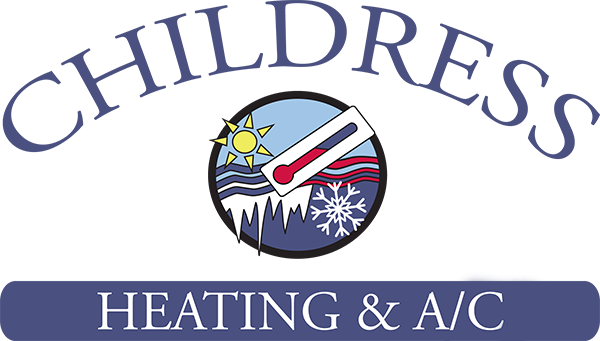Purchasing your first home is exciting. You’re probably trying to keep track of a dozen things or more about making the right choice. We believe that understanding your future HVAC system is essential. The property’s HVAC system represents a substantial investment and potential source of long-term costs, illustrating why a detailed inspection helps all first-time homebuyers.
In this guide, we’ll share seven tips for discovering all there is to know about a home’s heating and cooling setup. And if you want a more in-depth opinion from the pros, feel free to call Childress Heating & AC. Our staff can share details about your options with industry insights that are second to none.
1. What HVAC System Are You Working With?
Start by identifying what kind of HVAC system the home features. Furnaces tend to last longer than air conditioners, and some of the latest types of HVAC systems like heat pumps can offer average life spans that are even longer. Knowing the make and specific model gives you a clear understanding of how much routine maintenance it might need.
2. What Is the Current System’s Age?
It’s just as smart to learn how old the HVAC system is when you’re considering a new home. In general, HVAC systems last about 10-12 years. Learning its approximate installation date helps you anticipate future maintenance needs or considerations if it might eventually stop working. Older systems are more prone to problems, so fiscal planning for a replacement unit might be needed faster than expected.
3. Does the System Have a Warranty?
Be sure to check the HVAC system is still under warranty. If it is, this can help with maintenance costs. HVAC warranties should take care of parts and labor, but the details in each policy will vary. Review any terms you don’t recognize to make sure you fully understand your coverage and the likelihood of out-of-pocket costs.
4. When Was the Last Time It Received Maintenance?
Don’t forget to check the maintenance history of the HVAC system, if that information is available. This service history can demonstrate if the repair needs are high or how often a tune-up was scheduled. Ask about records for key tasks such as changing the air filter, which means it enjoyed more regularly scheduled tune-ups.
5. Do You Know Its Energy Efficiency Ratings?
Selecting a system with high energy efficiency can lead to more manageable utility bills and a smaller environmental impact. Look for the seasonal energy efficiency ratio (SEER) ratings for air conditioning and the annual fuel utilization efficiency (AFUE) for furnaces. High SEER ratings mean more efficient cooling throughout the season, while high AFUE ratings illustrate that the fuel is efficiently converted into useable heat.
6. Can You Spot Trouble After Completing an Informal Inspection?
Even without experience in HVAC systems, it’s still a good idea to examine the HVAC system yourself. Keep an eye out for signs of problems that haven’t been mentioned by the seller. This can mean bizarre noises, spots with uneven heating or cooling and attempts to cover up any obvious damage.
7. Have You Asked Your Local HVAC Professional?
If you’re unsure about the overall state of the HVAC system, it’s beneficial to get a professional opinion from trained HVAC technicians. They can spot things you might not, such as leaks in the refrigerant, damage to the wiring or flawed ductwork.
A Consultation with Childress Heating & AC Simplifies Your Home-Buying Journey
Finding your first home is meant to be a joyful event, and Childress Heating & AC will do everything possible to ensure that doesn’t change. Connect with us at 540-675-4306. We can talk about how our HVAC services ease your mind, giving you what you need to make an offer with confidence.
